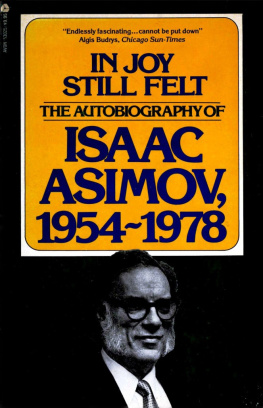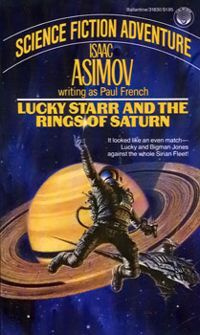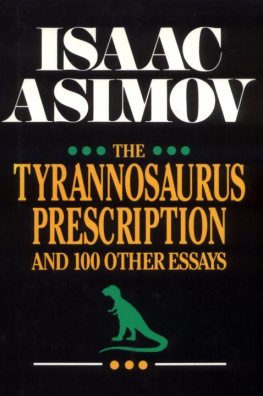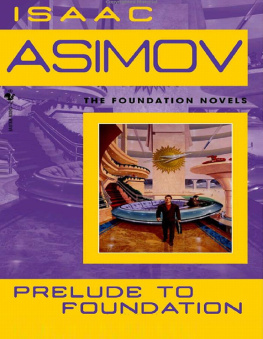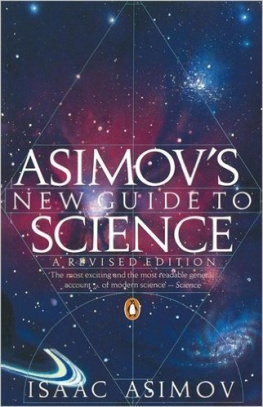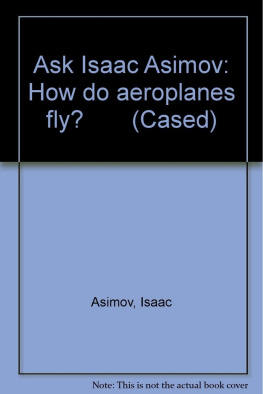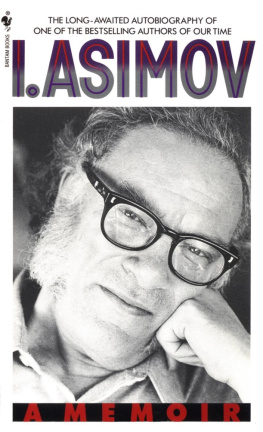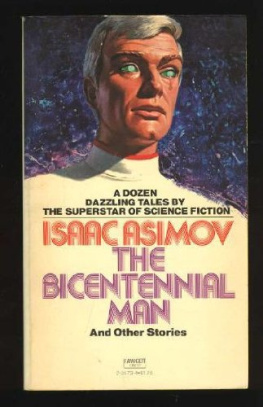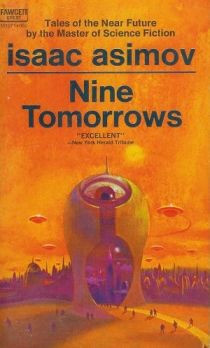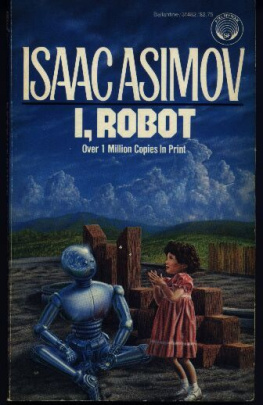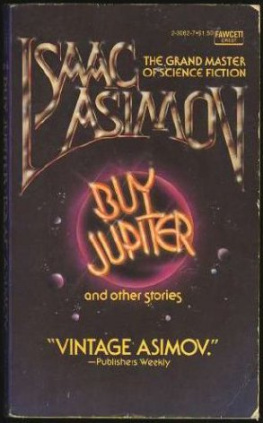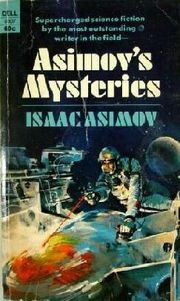The notion of an eternal Universe introduces a great many difficulties, some of them apparently (at least in the present state of our scientific knowledge) insuperable, but scientists are not disturbed by difficultiesthose make up the game. If all the difficulties were gone and all the questions answered, the game of science would be over (Scientists suspect that will never happen.)
There, then, is perhaps the most fundamental disagreement between the Bible and science. The Bible describes a Universe created by God, maintained by him, and intimately and constantly directed by him, while science describes a Universe in which it is not necessary to postulate the existence of God at all.
In the Beginning
Creation.
The beginning of time.
The origin of life.
In our Western civilization, there are two influential accounts of beginnings. One is the Biblical account, compiled more than two thousand years ago by Judean writers who based much of their thinking on the Babylonian astronomical lore of the day. The other is the account of modern science which, in the last century, has slowly built up a coherent picture of how it all began.
Both represent the best thinking of their times, and in this line-by-line annotation of the first elever chapters of Genesis, Isaac Asimov carefully and even-handedly compares the two accounts, pointing out where they are similar and where they are different.
Similarities and differences both exist. For instance, both the Bible and modern astronomy picture a universe which began in a single flashing moment. It came into existence by the word of God, according to the Bible; by the shattering explosion of the big bang in which a blob of matter blew outward to form the galaxies, according to modern astronomers.
Thats a similarity. But as nearly as we can tell from the vague chronology of the Bible, the Biblical moment of Creation took place six or seven thousand years ago. On the other hand, according to modern astronomical estimates, the big bang took place perhaps fifteen billion years ago. Thats a difference.
Some Biblical items which have sounded peculiar in the past have been upheld by science. According to the Biblical account, light was created before the sun, which sounds odd. However, we know from modern astronomy that the universe was in existence, and ablaze with light, for ten billion years before the sun came into existence in its present light-radiating form.
On the other hand, the Bible specifically denies any form of evolution, whereas the evolutionary development of life, of the stars, of the whole universe, is absolutely central to modern scientific thought and cannot be abandoned.
What does Asimov make of all this? He says, There is no version of primeval history, preceding the discoveries of modern science, that is as rational and as inspiring as that of the first eleven chapters of the Book of Genesis. However, human knowledge does increase, says Asimov, and if the Biblical writers had written those early chapters of Genesis knowing what we know today, we can be certain they would have written it completely differently.
Isaac Asimov brings to this fascinating subject his wide-ranging knowledge of science and historyand his award-winning ability to explain the complex with accuracy, clarity, and wit. He is the author of over 220 books of both fiction and nonfiction, the latter including works on every branch of science, on history, on literature, and on humor. For adults, he has written the two-volume Asimovs Guide to the Bible, and for young people, four other books on the Bible.
Dedicated to:
Izzy and Annie Adler,
who have advanced degrees in lovability.
Introduction
The Bible is the most-read book that has ever existed, and there are uncounted millions of people in the world who, even today, take it for granted that it is the inspired word of God; that it is literally true at every point; that there are no mistakes or contradictions except where these can be traced to errors in copying or in translation.
There are undoubtedly many who do not realize that the Authorized Version (the King James Bible), the one with which English-speaking Protestants are most familiar, is, in fact, a translation, and who therefore believe that every one of its words is inspired and infallible.
Against these strong, unwavering, and undeviating beliefs, the slowly developing views of scientists have always had to fight.
Biological evolution, for instance, is considered a fact of nature by almost all biologists. There may be and, indeed, are many arguments over the details of the mechanics of evolution, but none over the factjust as we may not completely understand the workings of an automobile engine and yet be certain that a car in good working order will move if we turn the key and step on the gas.
There are millions of people, however, who are strongly and emotionally opposed to the notion of biological evolution, even though they know little or nothing about the evidence and rationale behind it. It is enough for them that the Bible states thus-and-so. The argument ends there.
Well, then, what does the Bible say, and what does science say? Where, if anywhere, do they agree? Where do they disagree?
That is what this book is about.
It does not argue one way or the other. It offers no polemics. It merely considers the verses of the Bible, line by line and, indeed, word by word, discusses the content and meaning, and compares them with the scientific view that pertains to the passage.
Nor does it do this for the entire Bible, for the chief area of dispute lies in the very beginning of the Biblethe first eleven chapters of the Book of Genesis.
The Bible, as a whole, deals with the legendary Abram (called Abraham later in life) and his descendants, but in the first eleven chapters of the Book of Genesis, there is a quick overview of earlier events from the creation of the Universe to the birth of Abram about 2000 B.C.
This period of primeval history is based on two documents, according to those who have most carefully studied the Bible: the J-document and the P-document.
The J-document, which is the older, contains dramatic early legends that were current among the people of Israel and Judah. The tales of the J-document may have been written down and reached their present form some time before 700 B.C., when Assyria from its base in the Tigris-Euphrates valley (modern Iraq) was the strongest kingdom in western Asia.
Even before Assyria became powerful, the culture of the Tigris-Euphrates dominated western Asia, even as far back as 3400 B.C., when the Sumerians (who lived there then) invented writing. The Sumerian legends and their theories of the creation of the Universe and of early history spread to all the surrounding peoples and exerted a strong influence on them (just as Western theories of the creation of the Universe and of early history have spread to and influenced surrounding non-Western peoples today).
The P-document is later and was gathered and put together during the time when the people of Judah (the Jews) were in captivity in the Tigris-Euphrates region in the sixth century B.C. At that time, the dominant tribe of the region was the Chaldeans, and their capital was in Babylon, so that the P-document picked up what we might call Chaldean or Babylonian views of cosmic historywhich in turn were based on nearly three thousand years of thought dating back to the Sumerians.


